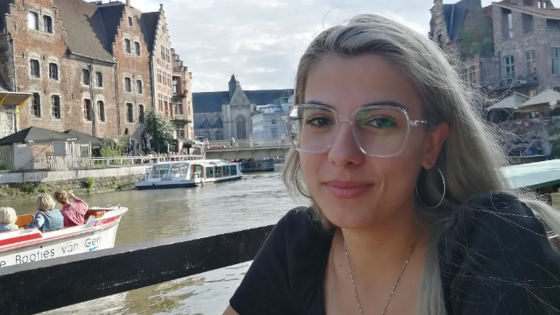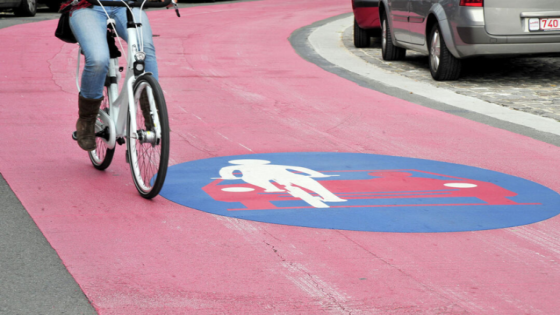On 2025-04-29 00:58:00, News emerged about Esila Ayik, a Turkish photography student at KASK in Ghent, who was arrested during a festival for demanding the release of students detained in protests. Ayik’s arrest, linked to carrying a banner calling Turkish President Erdogan a dictator, has sparked concern in Belgium and beyond. Her ongoing pretrial detention, despite serious health issues, raises urgent questions. How does this case affect Belgian society and human rights? Read on for a Fast Answer.
- Esila Ayik arrested at protest festival
- Ayik denies carrying anti-Erdogan banner
- Ayik detained without access to medication
- Hospitalized after fainting, severe health issues
- Court denies Ayik's release, fears flight
- Lawyers submit extensive medical evidence
What are the implications of Esila Ayik’s arrest for Belgian student activism and human rights?
Esila Ayik’s case underscores the challenges faced by international students in Belgium who engage in political activism. Her arrest has drawn attention to the balance between freedom of expression and legal boundaries, especially when political sensitivities from their home countries come into play. Belgian institutions and civil society are prompted to reconsider their support systems for vulnerable students. Key concerns include:
- The health risks posed by Ayik’s detention, given her heart and kidney conditions.
- The legal precedent set by denying her release despite medical evidence.
- The broader impact on student protests and freedom of speech in Belgium.
What will happen next for Esila Ayik? Belgian authorities and universities must advocate for fair treatment and health considerations for students like her. Will this case lead to stronger protections for activists in Belgium? The coming weeks will be crucial for shaping policies that safeguard both political expression and human dignity.




















